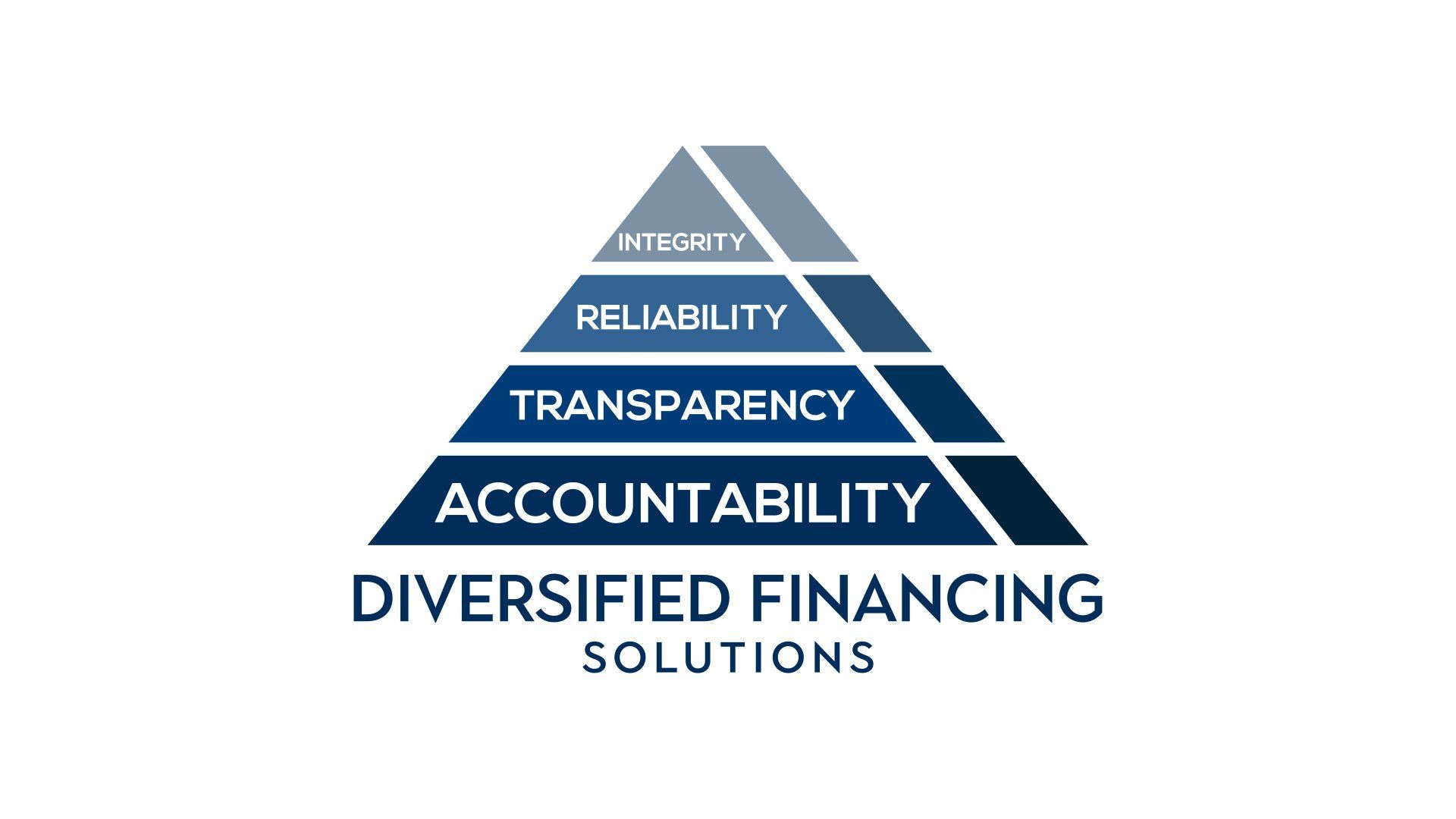5 Hard Money Loan Requirements to Know Before Applying
When venturing into the realm of real estate investment, securing the right financing is often a critical factor in your success. have become a popular choice for investors seeking quick and flexible financing solutions. These loans differ from traditional bank loans in their criteria and application process. This article dives into the five key hard money loan requirements you should know before applying, helping you confidently navigate the complexities of real estate financing.
Property Valuation and Collateral
One of the fundamental aspects of a hard money loan is the emphasis on the property as collateral. To assess the loan's feasibility, lenders must thoroughly evaluate the property's value. The valuation process helps determine the loan-to-value (LTV) ratio, influencing the loan amount you can secure. Meeting this requirement involves providing accurate information about the property's condition, location, and potential value after any necessary renovations or improvements.
Equity or Down Payment
Unlike conventional loans, which often demand a predetermined credit score, hard money loans prioritize the borrower's equity or down payment. A stake in the property's value demonstrates your commitment to the investment. While the specific percentage varies, typically falling between 20% and 30%, this requirement ensures that you share the risks and rewards of the investment with the lender. This aligns the interests of both parties and emphasizes your financial involvement in the project.
Clear Exit Strategy
Lenders want assurance that their investment will be repaid within the agreed-upon timeframe. A well-defined exit strategy outlines how you intend to repay the loan. This strategy could involve selling the property, refinancing, or using other resources. A solid exit plan mitigates risks for the lender and showcases your foresight and commitment to honoring your financial obligations. Providing a well-thought-out exit strategy demonstrates your preparedness and strengthens your loan application.
Financial Documentation
While hard money loans rely less on credit scores, lenders still require certain financial documents. These documents provide insight into your financial stability and ability to fulfill repayment obligations. Commonly requested documents include bank statements and information about your assets and liabilities. Reviewing this information gives lenders a comprehensive view of your financial situation, ensuring you're well-equipped to manage the loan.
Investment Plan and Property Details
Lenders want to understand the viability of your. This requirement involves presenting a comprehensive plan outlining how you intend to utilize the loan and develop the property. Providing detailed property information, such as its current condition, estimated repair costs, and potential market value, allows lenders to assess the project's potential profitability. Demonstrating a clear and well-researched investment plan enhances your credibility and showcases your dedication to a successful outcome.
Meeting the Criteria for Successful Hard Money Loan Applications
Grasping the vital hard money loan requirements is instrumental in navigating the world of real estate financing. From property valuation and equity contribution to a well-crafted exit strategy and comprehensive financial documentation, these requirements form the foundation of a successful hard money loan application. Meeting these criteria increases your chances of loan approval and position yourself as a capable and committed borrower.








